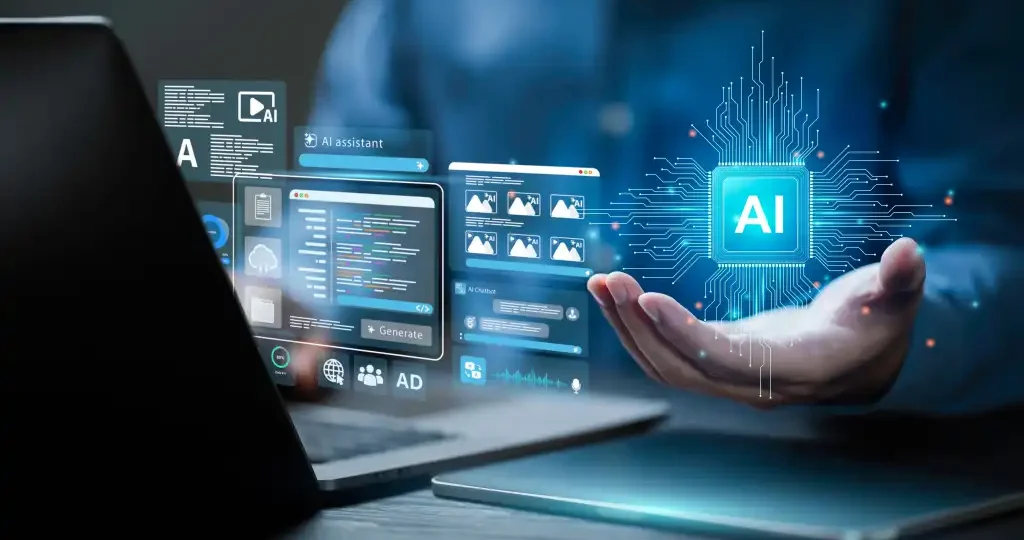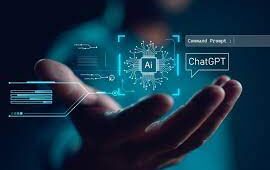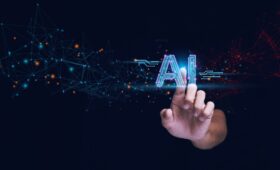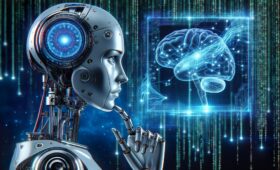As Artificial Intelligence (AI) continues to advance, its impact on the job market is becoming increasingly significant. AI is expected to automate many tasks traditionally performed by humans, leading to both opportunities and challenges in the workforce. In this article, we examine the potential effects of AI on the job market, exploring both the benefits and the potential risks.
1. Job Creation through AI Innovation
While many fear that AI will lead to widespread job displacement, there is significant potential for AI-driven job creation. New industries and roles are emerging as a result of AI innovation. Jobs related to AI development, such as data scientists, AI engineers, and machine learning specialists, are in high demand. Additionally, sectors like robotics, autonomous vehicles, and AI ethics are creating new career paths.
2. Automation and Job Displacement
AI and automation are likely to replace jobs that involve repetitive, manual tasks. For example, jobs in manufacturing, retail, and customer service may be at risk, as AI can perform many of these tasks more efficiently. Robotic process automation (RPA) is already being used to automate administrative tasks like data entry, while chatbots are replacing customer service representatives in some industries.
While automation can increase efficiency, it also poses challenges for workers whose jobs are at risk. Retraining and upskilling programs will be essential to help displaced workers transition to new roles.
3. The Rise of Hybrid Roles
As AI takes over more routine tasks, there is a growing need for hybrid roles that combine human expertise with AI capabilities. For example, professionals in fields like medicine, law, and finance will work alongside AI systems to analyze data, make decisions, and provide insights. These hybrid roles require both domain expertise and a basic understanding of AI technologies, leading to the creation of new job categories.
4. AI and Worker Productivity
AI has the potential to enhance worker productivity by automating time-consuming tasks and providing real-time data and insights. This can free up employees to focus on more complex, creative, and strategic work. For instance, AI-powered tools can assist marketers with data analysis, allowing them to create more targeted and effective campaigns. Similarly, AI can help professionals in fields like accounting and consulting by automating routine tasks and enhancing decision-making.
5. The Need for Reskilling and Education
To fully harness the benefits of AI, workers need to adapt by acquiring new skills. Reskilling and upskilling programs will be essential in preparing the workforce for the future job market. Emphasizing skills like critical thinking, problem-solving, and AI literacy will be key to ensuring that workers remain competitive in an AI-driven economy.
Conclusion: Navigating the Future Job Market with AI
AI is transforming the job market in both positive and challenging ways. While it has the potential to create new jobs and improve productivity, it also poses risks for certain sectors. By embracing AI, reskilling the workforce, and preparing for changes, we can create a job market that benefits from AI’s advancements while mitigating its potential drawbacks.




